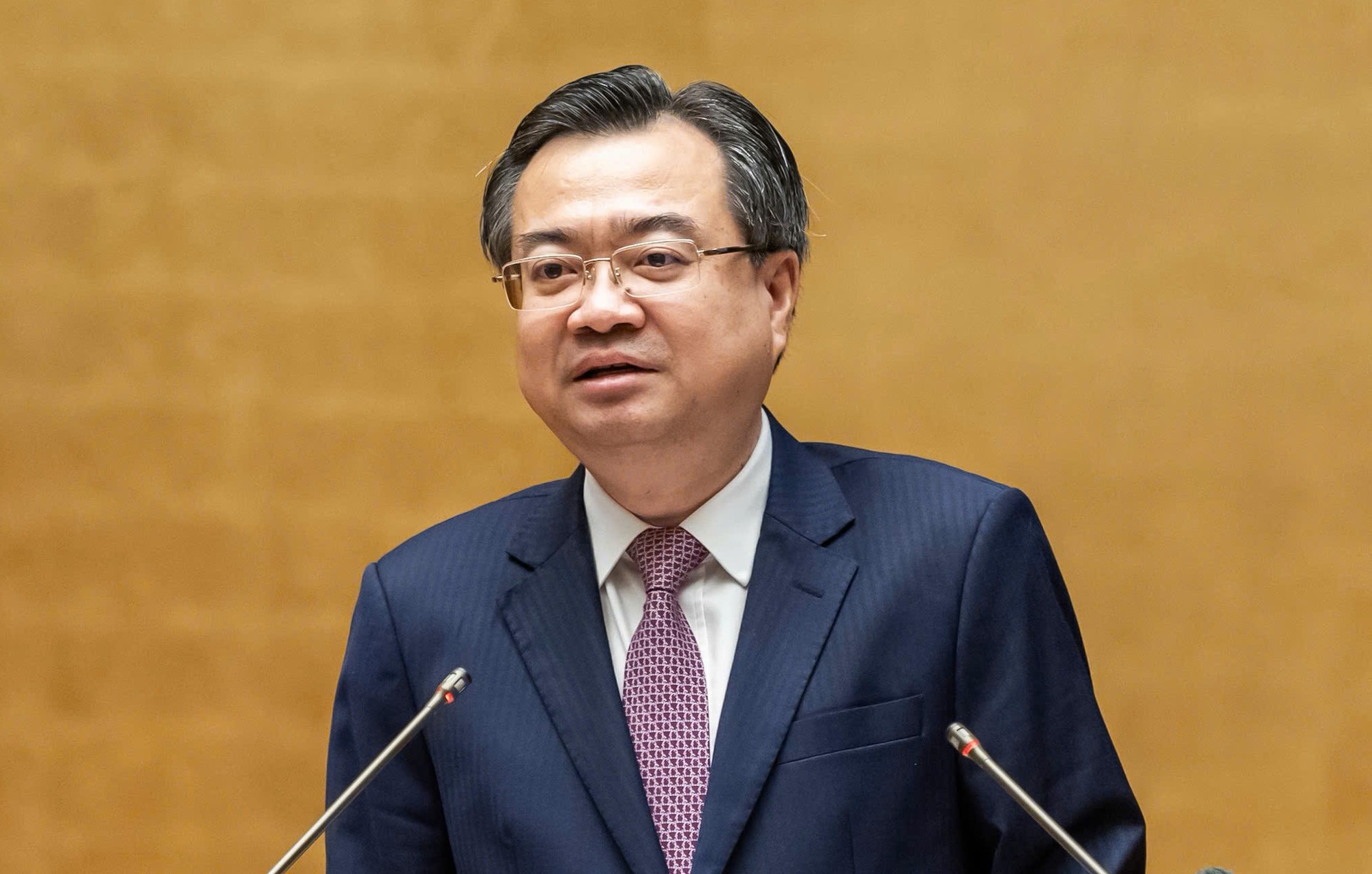On 16/9, the Politburo and the Secretariat held a national conference, attended by over 1.2 million party members both in person and online, to disseminate 4 new resolutions.
Nguyen Thanh Nghi, Head of the Central Economic Commission, presented Resolution 70 of the Politburo on ensuring national energy security to 2030, with a vision to 2045. According to Nghi, the resolution calls for ensuring firm energy security, a crucial component of national security, linked to political stability, economic development, national defense, and international integration. This represents a shift from "ensuring supply" to "ensuring firm and proactive energy security."
Accordingly, Vietnam will promote a direct power purchase mechanism and empower customers to access and choose providers that suit their needs. This is set against the backdrop of a competitive electricity market to be developed by 2030, gradually eliminating cross-subsidies between different customer groups (industrial versus residential). Electricity prices will be adjusted according to a state-managed market.
A competitive electricity market is one with multiple buyers and sellers. Currently, Vietnam Electricity (EVN) no longer holds a monopoly in power generation, accounting for only about 37% of the power supply, with the remainder coming from other energy groups (PVN, TKV) and the private sector. However, EVN remains the sole buyer in the wholesale market, monopolizing the transmission system and retail electricity sales.
Electricity is currently distributed to residents and businesses through EVN's power companies. In addition, over 700 wholesale organizations, accounting for nearly 8.6% of output, in urban areas, apartment buildings, and industrial zones, purchase electricity from power companies at preferential government prices and resell it to customers within their areas.
 |
Nguyen Thanh Nghi, Head of the Central Economic Commission, presents Resolution 70 at the conference on 16/9. Photo: Hoang Phong |
Nguyen Thanh Nghi, Head of the Central Economic Commission, presents Resolution 70 at the conference on 16/9. Photo: Hoang Phong
According to Nghi, all economic sectors, especially the private sector, are encouraged to participate in energy production, distribution, and supply services. The power purchase agreement (PPA) mechanism is being improved towards transparency, stability, and long-term viability, ensuring investor rights. An electricity transmission pricing mechanism is being developed to attract private sector investment in the grid.
The operator aims to ensure energy security by diversifying sources and technologies, prioritizing renewable energy, LNG, hydrogen, and modern nuclear power.
After 5 years of implementing Resolution 55 of the Politburo, the energy sector has maintained stable growth but still faces limitations in institutions, management, and cross-subsidization of electricity prices for some customer groups. Meanwhile, the slow progress of many projects could lead to a power shortage during the upcoming double-digit growth phase.
In Resolution 70, the Politburo sets a target for Vietnam to have a total energy supply of about 150-170 million tons of oil equivalent, a total power source capacity of 183-236 GW, and electricity output of 560-624 billion kWh by 2030. The proportion of renewable energy in the total energy supply is expected to be around 25-30%. Final energy consumption is targeted at 120-130 million tons of oil equivalent.
Addressing the conference, General Secretary To Lam stated that the core objective is a safe, stable, and reliably redundant energy system, with a minimum reserve capacity of 15% by 2030. A competitive electricity market mechanism will be developed transparently and with a clear roadmap. This aims to provide sufficient electricity for production and daily life, transitioning towards green energy and realizing the Net Zero commitment by 2050.
General Secretary To Lam outlined 10 key solution groups for developing and ensuring national energy security. He emphasized balancing supply and demand by region, investing heavily in transmission with the participation of private investors. The power sector also needs to develop smart grids and apply battery energy storage systems (BESS).
He also requested the power sector to undergo digital transformation through remote metering, real-time data, and AI-powered load forecasting, ensuring cybersecurity. Capital for power projects will be mobilized from diverse sources, including public-private partnerships, green bonds, and power purchase agreements with risk allocation and capacity-based payments.
According to Resolution 70, wind and solar power are prioritized for development. The General Secretary requested the development of these energy sources with a "systems thinking" approach, from competitive bidding and synchronous planning of sources, grids, and storage, to fair cost-sharing for grid connection. By the end of last year, Vietnam's power system had nearly 17,000 MW of solar power (including rooftop and centralized solar power) and over 5,000 MW of wind power. These sources currently account for about 26% of the total system capacity.
The General Secretary also mentioned solutions to protect vulnerable populations and ensure electricity for foundational industries through targeted, time-bound support packages with transparent compensation sources.
"The principle of energy development must be consistent with a socialist-oriented market economy, linked to social equity, social security, national defense, security, and the environment," he emphasized.
Phuong Dung












